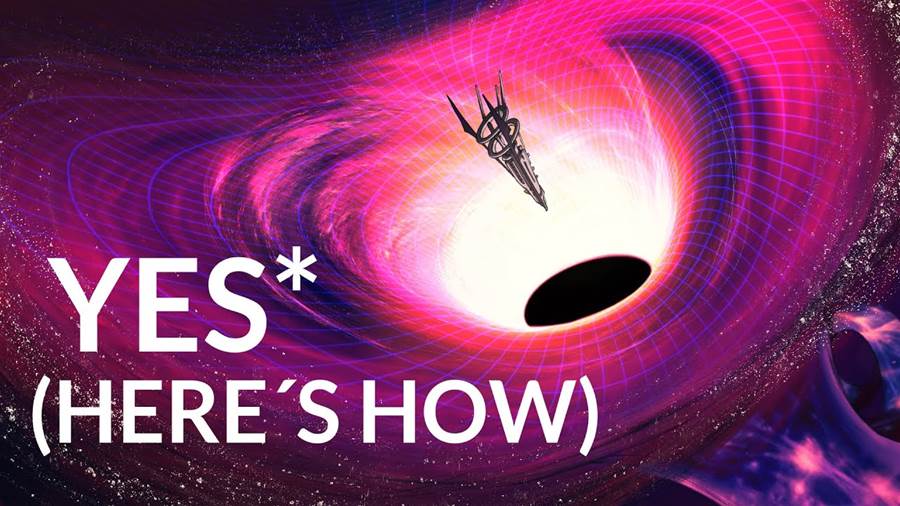
A recent scientific study has sparked a controversial debate on the possibility of time travel within our universe. While the concept has long captivated our imagination through various works of fiction, scientists are now exploring the theoretical basis of this phenomenon.
According to the laws of physics, time travel is technically feasible. Albert Einstein's theory of relativity conceptualizes time as the fourth dimension, allowing for the manipulation of space and time. However, the practicality of time travel is hindered by significant challenges that need to be overcome.
One major obstacle is the requirement of immense energy to achieve time travel.

Moreover, time travel presents paradoxical issues. The most well-known is the infamous "grandfather paradox," wherein a person travels back in time and kills their own grandfather, preventing their own existence.
Despite these challenges, scientists are experimenting with creative approaches to explore the plausibility of time travel. One proposal involves manipulating "closed time-like curves" (CTCs), which are paths that allow for time travel within Einstein's theory of general relativity. In recent studies, researchers simulated particles moving through CTCs and found that they would encounter quantum interactions that prevent their inconsistent behavior. This suggests that CTCs might be somehow self-correcting, protecting the universe from paradoxes.
Furthermore, the concept of "time dilation" presents another avenue for potential time travel. Experiments have demonstrated that placing a clock on a high-speed object causes time to appear slower for the moving object relative to the stationary observer. While this time dilation effect is minor at speeds currently attainable by humans, it becomes more significant at velocities near that of light. If technology advances to enable near-light speed travel, relativistic time dilation could lead to "time leaps" into the future, enabling travelers to experience less time compared to stationary observers.
While the possibility of time travel within our universe remains highly speculative, ongoing scientific investigations are pushing the boundaries of our understanding. The challenges posed by energy requirements and the potential paradoxes associated with time travel have not deterred scientists from exploring this captivating topic. As we unravel the intricacies of the universe, only time will tell if we can truly bend and traverse through the fabric of time itself.








